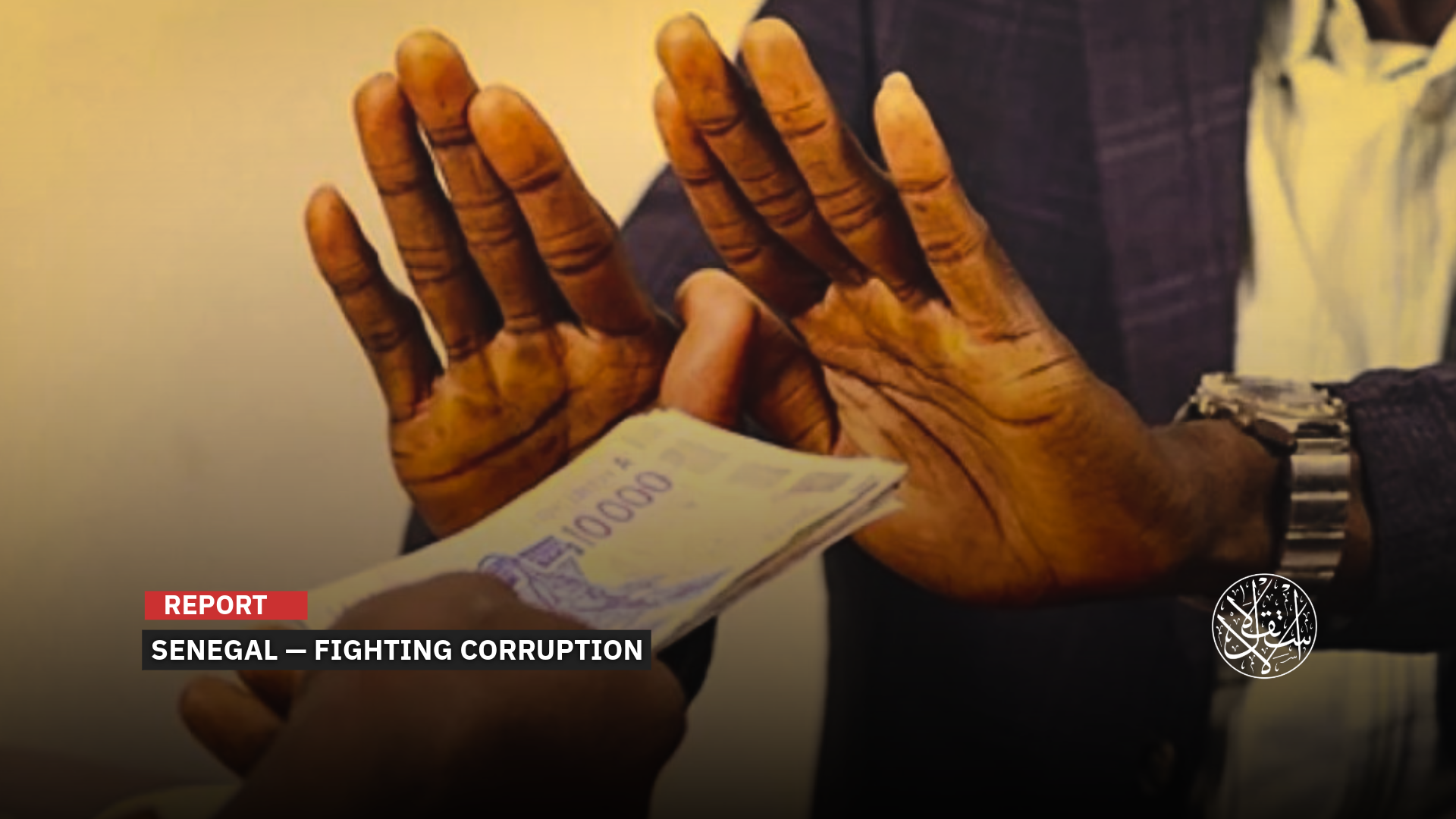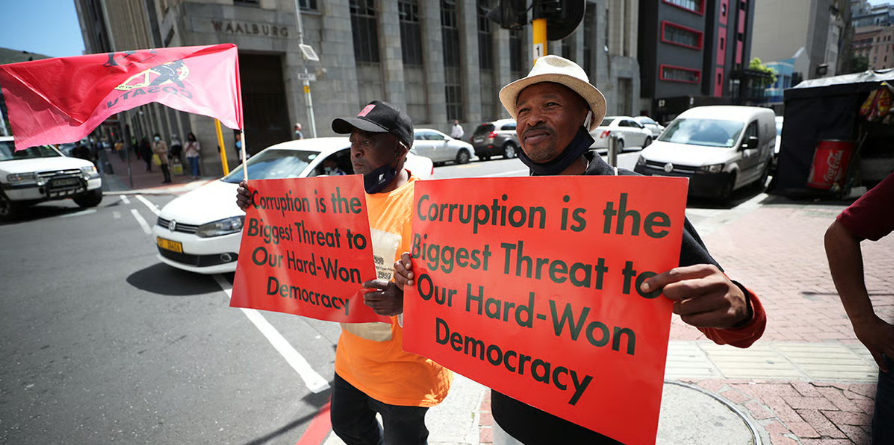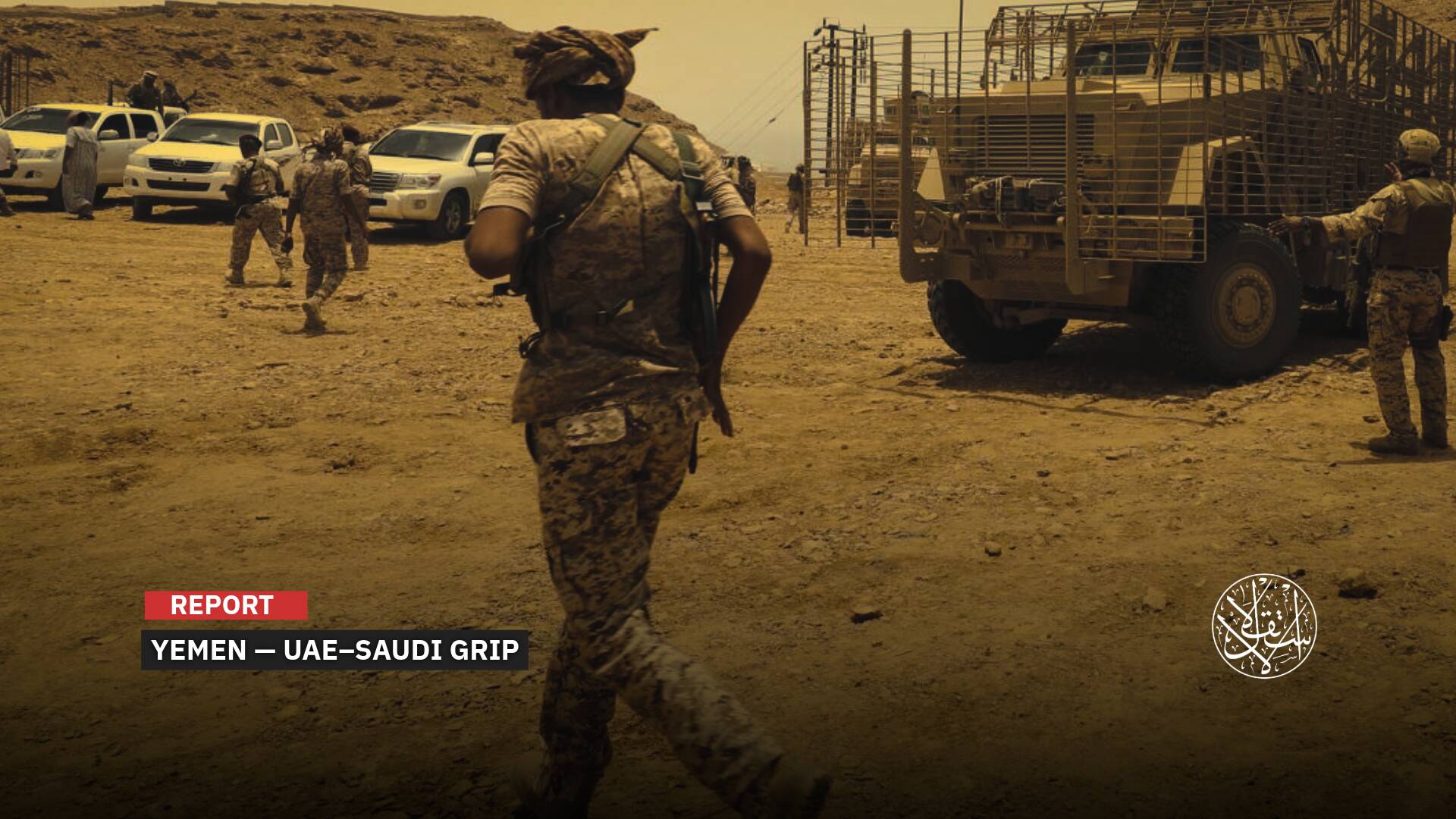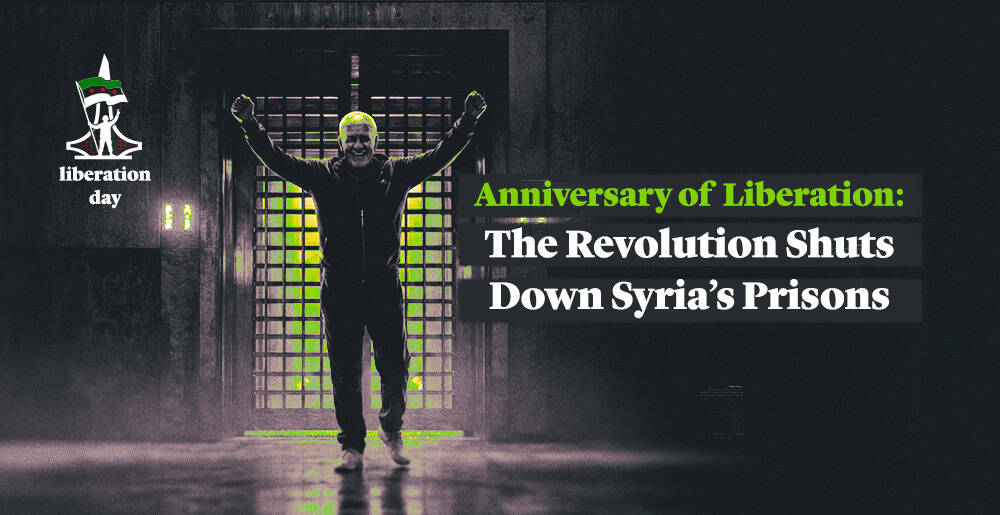Senegal Law Gives Whistleblowers 10% of Recovered Funds: What’s the Story?

Africa loses up to $120 billion each year to corruption.
Senegal’s new authorities continue their efforts to break with the legacy of former president Macky Sall, particularly the pervasive corruption that has left deep political, economic, and social scars.
The Senegalese parliament, in a session on August 26, 2025, passed a new law to protect whistleblowers, making Senegal the first Francophone country in sub-Saharan Africa to adopt a legal framework for safeguarding those who report corruption.
The law provides protection to individuals who, in the course of their professional activities, report or disclose information related to a crime, financial wrongdoing, or any harm to the public interest.
It also stipulates that whistleblowers whose information leads to the recovery of illicit funds or assets will receive a reward equivalent to 10% of the amount recovered, or as determined by the competent authorities.
The law further establishes internal reporting mechanisms within public and private institutions while granting whistleblowers the right to go public if their reports are ignored, representing a significant step forward in escalation channels and the protection of the public interest.
The National Assembly passed three other laws aimed at strengthening transparency: one on access to information, another on the creation of an anti-fraud and anti-corruption authority, and a third expanding asset disclosure requirements to include judges and investigative magistrates.
Current Prime Minister and leader of the ruling party, African Patriots of Senegal for Work, Ethics, and Fraternity (PASTEF), Ousmane Sonko, has long had a contentious relationship with corruption. In 2016, the former tax and land inspector was dismissed from the civil service by then-president Macky Sall for “breach of professional secrecy” after accusing several Senegalese figures of benefiting illegally from tax privileges.
Seeking to distance himself from his predecessor, newly elected president Bassirou Diomaye Faye promised on March 24, 2023, the day after his election, to introduce a bill to protect whistleblowers.
At the time, the president, who campaigned on a platform of greater transparency and good governance, instructed Justice Minister Ousmane Diagne to finalize the draft law without delay.
Political Will
Senegalese outlet RTS reported on August 26, 2025, that the new legislation reflects a strong political will to strengthen the fight against corruption and to entrench citizens’ right to information.
The report described the law as “unprecedented” in terms of protecting and encouraging whistleblowers, who now enjoy multiple layers of protection when exposing corruption, embezzlement, or fraud.
These include full protection against retaliation: dismissal, demotion, salary cuts, intimidation, or harassment are prohibited, with safeguards extending even to the whistleblower’s immediate family.
The law also guarantees anonymity: reports can be filed confidentially, and a whistleblower’s identity can only be disclosed by the courts with the individual’s consent.
A financial incentive is also embedded in the law. Whistleblowers are entitled to 10% of the recovered sums, while the remainder will be directed into a special fund for financing social projects.
Another innovation is immunity for self-reporting. Individuals implicated in corruption may receive a second chance if they come forward before an investigation is opened and return all illicit funds they obtained.
In addition, all public administrations and private companies will be required to establish internal systems for receiving and processing alerts, with a guarantee of independence in the process.
RTS noted that the adoption of this law, alongside the Access to Information Law, represents a significant step forward in building a legal framework that enhances trust between the state, its institutions, and the public.
One law protects and encourages those who expose fraudulent practices, while the other enshrines the fundamental right of access to information—an essential prerequisite for open and participatory governance.
According to the outlet, these reforms, welcomed by many civil society actors, are expected to foster a more accountable and transparent public administration while equipping citizens with new tools to participate actively in democratic life.

Economic Returns
Senegalese journalist Abdel Kader Fall said enacting legislation to protect whistleblowers will have a positive impact by encouraging citizens to come forward, thereby increasing state revenues through reporting.
Speaking to Al-Estiklal, Fall described the legislation adopted by the National Assembly over three days as “nothing short of very significant.”
He stressed its importance, especially for the government, which stands to recover substantial sums, particularly those siphoned abroad through bribery of intermediaries or similar schemes.
According to Fall, corruption has a negative effect on Senegal’s economy, a reality that has made the government and the new political leadership acutely aware of the need to fight corruption and bribery in the fullest sense.
He noted that while some opposition voices doubted the possibility of passing such legislation, their skepticism proved misplaced, as both the president and prime minister have expressed a genuine determination to combat corruption—particularly since both carry “clean slates” free of financial scandals.
Fall emphasized that the law directly benefits the middle class, which frequently encounters corruption and bribery across the institutions and services they rely on.
He further explained that senior officials have been known to embezzle public funds and register them under relatives’ names. Now, thanks to this legislation, any citizen with information on such practices can report them to the authorities and receive a reward.
He added that the new law will enhance governance and transparency in the management of state-owned enterprises, public institutions, and even private companies that work with or partner alongside them.
Ultimately, Fall concluded, the law will help safeguard state assets and resources, while removing the bureaucratic and legal obstacles that have long slowed down the fight against corruption.
For his part, Jimmy Kande, West Africa Director at the Platform to Protect Whistleblowers in Africa (PPLAAF), described the law’s passage as a “historic moment,” not only for Senegal, but for the entire continent.
Kande told reporters that whistleblowers have often paid a heavy price in contexts where their actions were not legally protected: legal action, arbitrary dismissal, threats, and even forced exile.
He argued that institutionalizing their role strengthens public accountability and breaks the culture of silence that has long surrounded corruption and mismanagement.
Finally, Kande underlined that the financial reward enshrined in the law represents a powerful incentive, aimed at encouraging government officials, employees in public and private companies, and even ordinary citizens committed to integrity to break the silence around embezzlement and mismanagement.

Ongoing Challenges
Serge Ouitona, a researcher specializing in the political and social affairs of Sub-Saharan Africa, argued that while the whistleblower protection law is important and represents a decisive step in Senegal’s institutional landscape, several challenges remain regarding its effective implementation.
In an article published by Afrik on September 3, 2025, Ouitona highlighted one such challenge: ensuring the independence of reporting channels.
He explained that if whistleblowers are required to go through hierarchical or political authorities, there is a risk that sensitive cases could be neutralized or covered up. In his words, “creating an independent and credible reporting mechanism is of critical importance.”
Another concern, he added, is protection against retaliation. While the law enshrines this principle, reality may be different in a context where the culture of whistleblowing is still stigmatized. Ouitona stressed that “without an effective system to safeguard professional careers, whistleblowers may continue to face pressure.”
He further noted that guaranteeing anonymity in an administrative environment that can sometimes be vulnerable remains a technical and institutional challenge.
On the issue of judicial enforcement, Ouitona pointed out that Senegal’s judiciary, criticized in the past for lacking independence in certain cases, will play a pivotal role in upholding the rights of whistleblowers.
At the same time, he emphasized that the law aligns with President Faye’s broader reform agenda, which has prioritized transparency and anti-corruption efforts since he took office.
Ouitona stressed that this legislation could help restore citizens’ trust in institutions, which financial scandals and allegations of favoritism have often shaken.
Still, he cautioned, its success will depend more on the spirit of its implementation than on the letter of the law. If the authorities establish mechanisms that are independent, transparent, and easily accessible, Senegal could become a regional model. Otherwise, the law risks remaining merely symbolic, with little real impact on governance practices.

The Continent’s Scourge
Corruption is not a problem confined to Senegal; it afflicts the entire continent. The African Union Advisory Board Against Corruption revealed that Africa loses up to $120 billion each year to corruption.
In a report published in June 2025, the board warned that such losses pose a grave threat to African economies, undermining efforts to achieve economic independence and sustainable development.
The report noted that the impact is compounded by the fact that many countries remain heavily dependent on international loans to finance development projects and stabilize fragile economies.
In response, the African Union (AU) has put forward a legal framework to support member states in tackling the scourge. To date, 50 out of 54 countries have signed the convention, and 49 have ratified it. Yet, only 12 states have completed the required national reviews, underscoring the need to accelerate implementation across the continent.
By late August 2025, an official African report again confirmed the enormous losses driven by corruption and illicit financial flows.
According to Qiraat African on September 1, 2025, the AU study stressed that “tax-evading transactions, unrecorded cross-border flows, money laundering, corruption, terrorist financing, and capital flight” continue to drain the continent’s resources.
The report listed common practices in several countries, including issuing fake invoices, tax evasion, and price manipulation.
At the global level, the UN Office on Drugs and Crime (UNODC) highlighted corruption as one of the most serious barriers to economic and social growth in Africa.
The UN office estimated that as much as 25% of the continent’s GDP is wasted every year due to corruption, the equivalent of a quarter of Africa’s total economic output.












